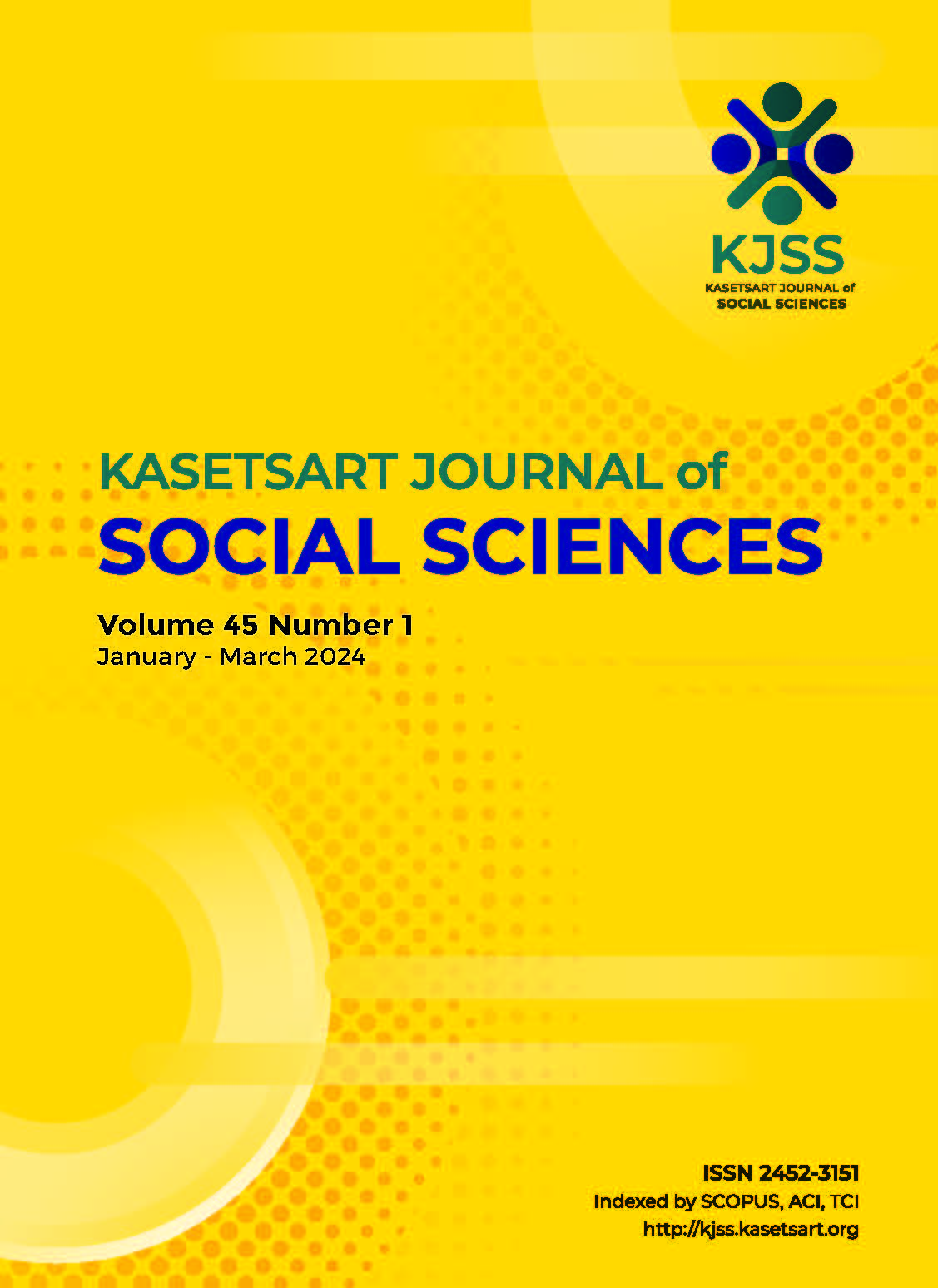Self-directed learning approach in mathematics
Keywords:
critical and creative thinking skills, metacognitive skills, mathematics performance, self-efficacy, self-directed learning approachAbstract
This study was undertaken to investigate the effect of Self-Directed Learning Approach on student’s performance in mathematics, attitude towards mathematics, metacognitive skills, critical and creative thinking skills, and selfefficacy. The study utilized parallel groups pretest-posttest experimental design. Survey questionnaires and 50-item mathematics test were used to gather data among ninety-six (96) Bachelor of Secondary Education (BSEd) first-year students, and each student was randomly assigned to the experimental group and control group. Data were analyzed using Shapiro-Wilk normality test, mean, standard deviation, paired samples t-test, t-test for independent samples, analysis of covariance, Cohen’s d, and Pearson-r. Findings revealed that the traditional approach (TA) students’ attitude towards mathematics, metacognitive skills, critical and creative thinking skills, and self-efficacy are not significantly related to students’ mathematics performance in both sum of written works and posttest scores. Contrarily, the self-directed learning approach (SDL) students’ attitude towards mathematics, metacognitive skills, critical and creative thinking skills, and self-efficacy are factors that positively influence their mathematics performance in terms of achievement test but not of written works. It was concluded that TA and SDL are equally effective in learning mathematics concepts and in developing positive attitude towards mathematics. Conversely, SDL is more effective than TA in developing students’ metacognitive skills, critical and creative thinking skills, and self-efficacy, and in retaining and making mathematics concepts more meaningful and worthwhile. It is therefore highly recommended that students and teachers may undergo SDL training to equip and capacitate them with the necessary knowledge, values, and skills needed in self-directed learning.
Downloads
Published
How to Cite
Issue
Section
License

This work is licensed under a Creative Commons Attribution-NonCommercial-NoDerivatives 4.0 International License.
This is an open access article under the CC BY-NC-ND license http://creativecommons.org/licenses/by-nc-nd/4.0/










